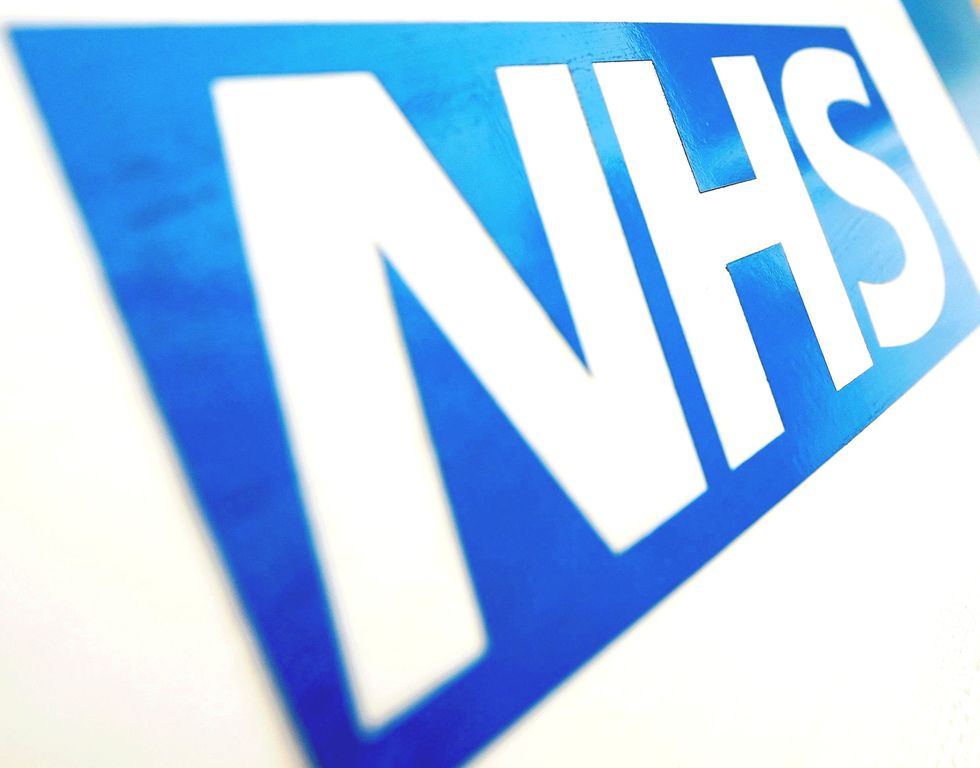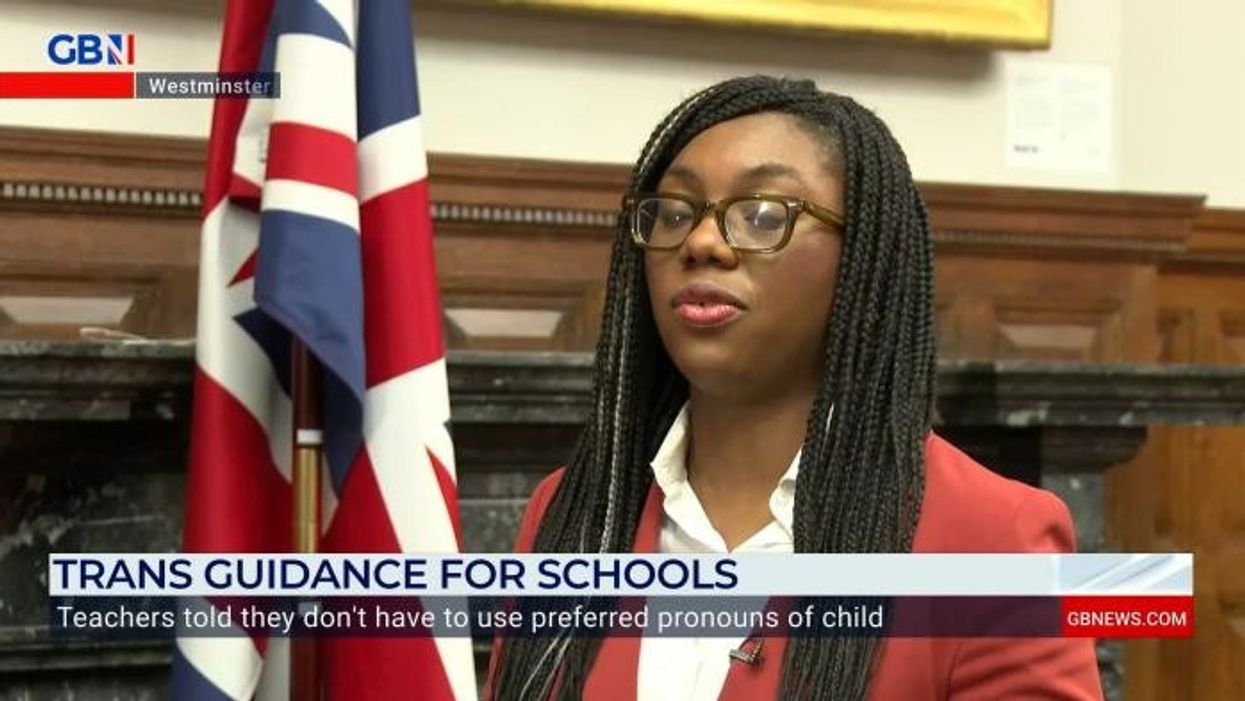Trans clinic referrals made for DOZENS of children under 5-years-old

Campaigners and parents have been left furious by the revelation
Don't Miss
Most Read
More than 70 children aged just three or four have been referred to the NHS's transgender clinc it has been revealed.
Official figures indicate that dozens of children not yet of school age have been referred to the Gender Identity Development Service (GIDS) over the past decade.
The revelation has sparked fury from campaigners and parents alike, with demands for a change in the way that cases are dealt with.
Former health minister Jackie Doyle-Price criticised the referrals saying the clinic "should never have been seeing three-year-olds".
 The Gender Identity Development Service has seen 70 children aged three or four | NHS
The Gender Identity Development Service has seen 70 children aged three or four | NHS"There needs to be a clear message that goes out to let kids be kids," she told the Daily Mail.
"Let them play and use their imaginations. We shouldn't be medicalising something which is just growing up."
There is currently no lower age limit on referrals to the GIDS clinic, run by the Tavistock and Portman NHS Foundation Trust in north London.
However, the NHS is now considering whether to introduce a minimum age of seven for referrals in order to safeguard younger children who may be unable to express themselves properly to clinicians.
Stephanie Davies-Arai of campaign group Transgender Trend told the Mail: "Children really don't need gender clinics.
"Unfortunately, some parents are now worried that their gender non-conforming child may have been 'born in the wrong body' and need professional help.
"This has been pushed by transgender activists who have no understanding of perfectly normal childhood developmental stages."
The NHS said that no three or four year olds received treatment.

The NHS is currently looking to update its guidance on dealing with gender and children
| PAInstead parent were referred for "one-off discussions" with parents to provide support and advice.
A spokesman for the Tavistock said: "The GIDS pathway provides psychological assessment, treatment and support for families, so we are unable to provide figures on those who have undergone physical interventions.
"The outcome of gender identity development in younger pre-pubertal young people is uncertain and so 'treatment' is not provided.
"Most often there would be a one-off discussion with the parents/carers to provide support and advice."











